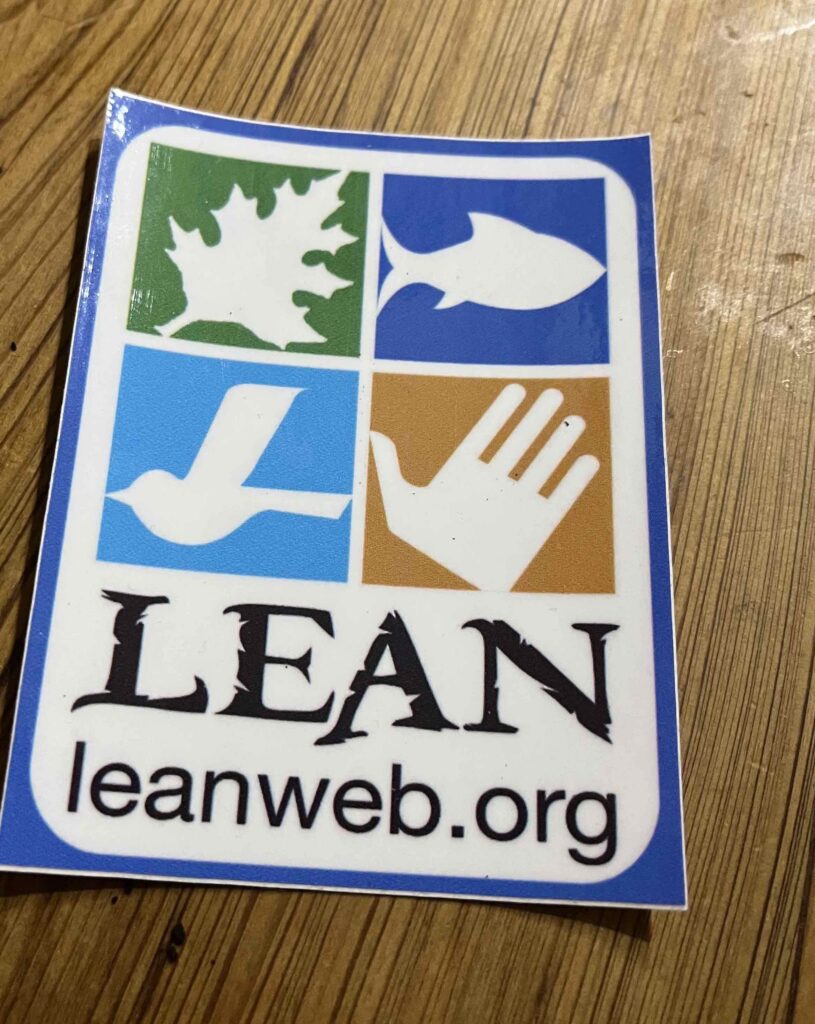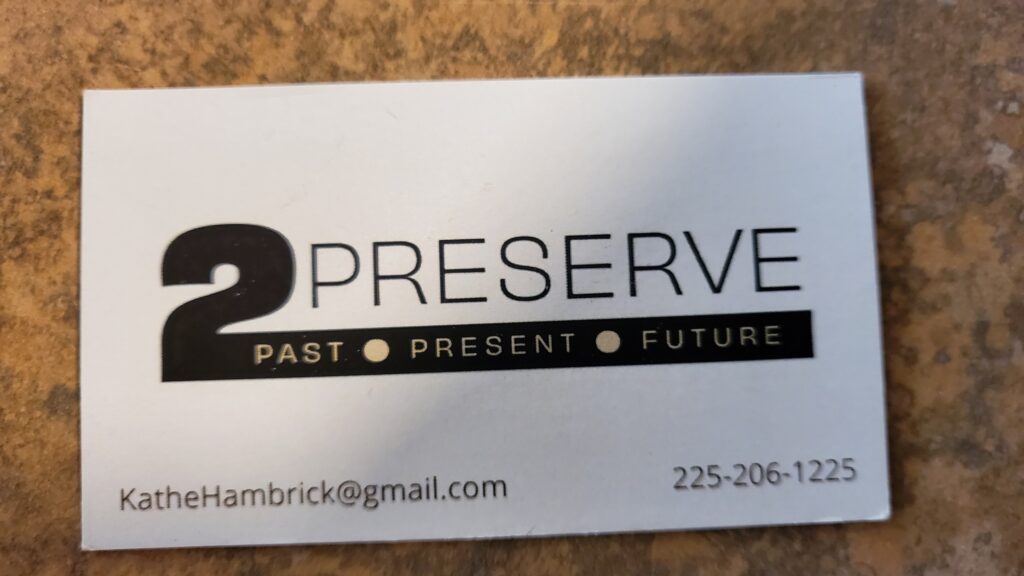
Serving as a congregational minister, most of the time I must prepare a sermon weekly. For me, right now, that typically means writing a manuscript that is anywhere from 1300-2200 words long. That is just the sermon. There are other preparations involved in crafting worship, weaving the different elements into one whole cloth so that the Sunday morning experience can speak in different ways to different people. But I won’t go into that now.
I have been serving my current congregation for nearly six years. I served in various capacities for four years before, then but they did not require weekly sermons. The flow of my work week means that Thursday is my official writing day to prepare for the Sunday service. It often overflows into other days, especially since the pandemic hit.
I have learned that while I must set aside time, the sermon comes in its own time. Sometimes it’s Thursday. Every now and then, it’s on my day off. Sometimes, it’s in the middle of the night. Sometimes the conclusion comes on Sunday morning an hour before the music starts.
Some might call that god’s time. Some might say I have to let the Spirit move me and I should not get too big-headed to think that I can expect Spirit to work on my schedule. Some might say what Pablo Picasso said:

I’m writing and posting this on the morning of Tuesday, April 5th . I’m just to head out of Baton Rouge and begin the next leg of my journey, as I head to Mississippi. This day brings to a close my focus on the Lost Souls and begins my attention to points along parts of the Civil Rights Trail.
Yet, there’s still so much for the blog to catch up on. Much has happened between now and when I visited the Whitney Plantation:

- I have been in Baton Rouge for three nights in the cutest AirBnB owned by an environmentalist group that does excellent work and who treated me well.
- I have participated in the installation of the Senior Minister, my colleague the Reverend Nathan Ryan, at the Unitarian Church of Baton Rouge (what a joyful celebration!).
- I have been to Morganza, the small town on the Mississippi that was once the plantation of Charles Morgan, one of the primary leaders in the slave ring that stole the Lost Souls, and a likely destination of some of the Lost Souls.
- I drove 175 miles round-trip yesterday to visit Avery Island, where it is likely that six of the Lost Souls ended up on the Petit Anse plantation.
I feel an obligation to write about it. I feel a desire to tell you about it. I feel a drive to write about it in something like chronological order.
Yet, I’m not ready to write about it. I think it’s more important to write about it not in chronological order, but in a meaningful order. And I am still in the process of making meaning.
I fear that in waiting, some aspects of the stories will be lost. I think that’s inevitable. However, I think that in waiting, new threads ~ new connections ~ will make themselves visible and available. Ones that I did not know were there.
For instance, when I was on the walking tour, I learned a little about the 1811 Slave Rebellion. This was because I chose to tour New Orleans with the Hidden History Tours company that centers the African American experience. This was because our tour leader, Mr. Leon A Waters, has written a book on the subject. This is because our tour leader is descended from one of the rebels.
While I was intentional about choosing the Hidden History Tours company, the rest was not of my making. Buddhists would say that conditions co-arose to create that intersection. Christians might call it god’s grace. My beloved atheists would say it’s good luck. Perhaps Muslims would say it is kismet.
Regardless what we might call it, a meaningful consequence is that when I went to the Whitney Plantation, I had a deeper understanding of the memorial to that uprising about which I wrote in my last post.

Another meaningful consequence: I spent part of my day on Sunday with the amazing public historian and preservationist, Kathe Hambrick, founder of the River Road African American Museum, as well as CEO of 2Preserve Consulting. I knew I was in the right place for many reasons, including when she told me that there was the 1795 Slave Conspiracy in Pointe Coupee Parish.
It is vital, when engaging this history, is recognizing, highlighting, and amplifying the many acts of resistance. This has been one of the lessons I knew, and has been brought home in an even deeper way, in my work with the Lost Souls Public Memorial Project. When it comes to oppression, there is always stories of resistance, of resilience, and even rebellion.
The trial began at Pointe Coupee on May 4, 1795. Fifty-seven slaves and three local whites were convicted. By June 2, twenty-three slaves were hung, their heads cut off and nailed on the posts at several places along the Mississippi River from New Orleans to Pointe Coupee. Thirty-one slaves were sentences to floggings and to hard labor in Spanish fortresses in Mexico, Florida, Puerto Rico, and Cuba. All three whites were deported, and two of them were sentences to six years of forced labor in Havana.
source: http://slaverebellion.info/index.php?page=the-1795-conspiracy-in-pointe-coupee
And so, let this post be a place holder, knowing there is more to come, once it finds its form.
Thank you Louisiana, for the gifts you have given me on this trip. So many. And no doubt more to reveal themselves. I remain in the process of discerning them.
